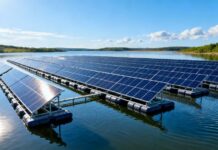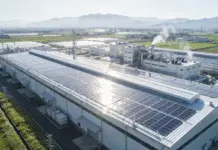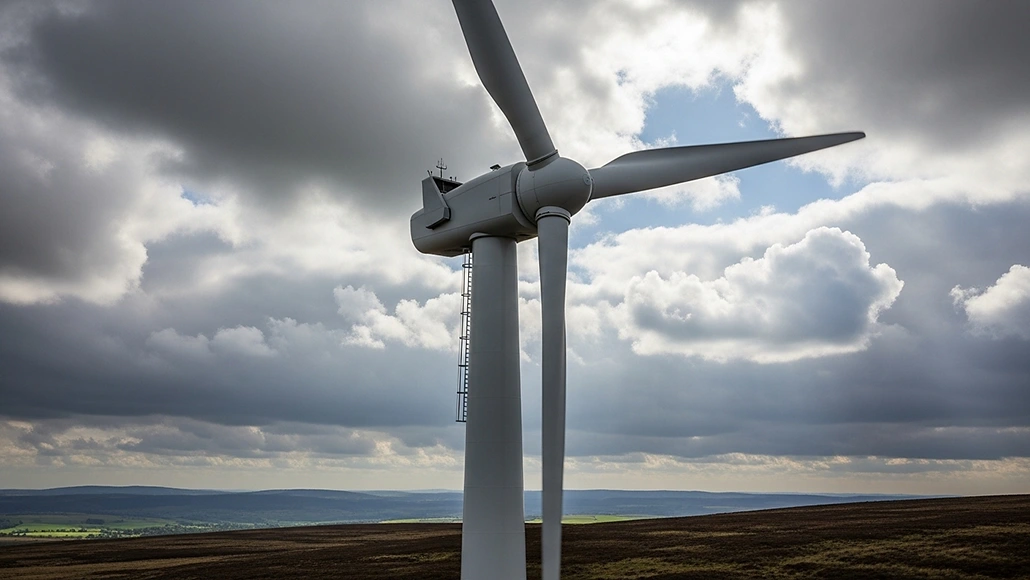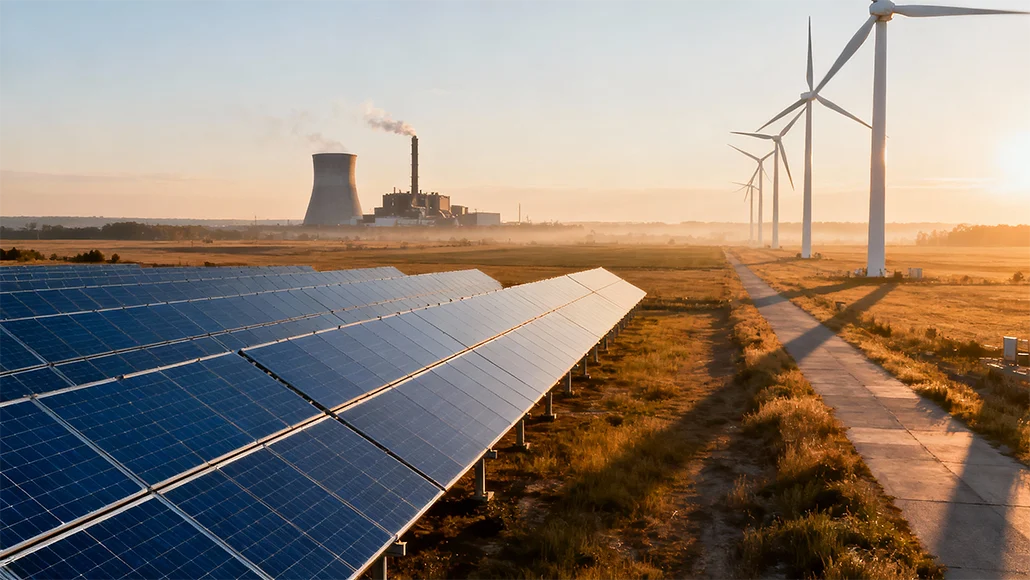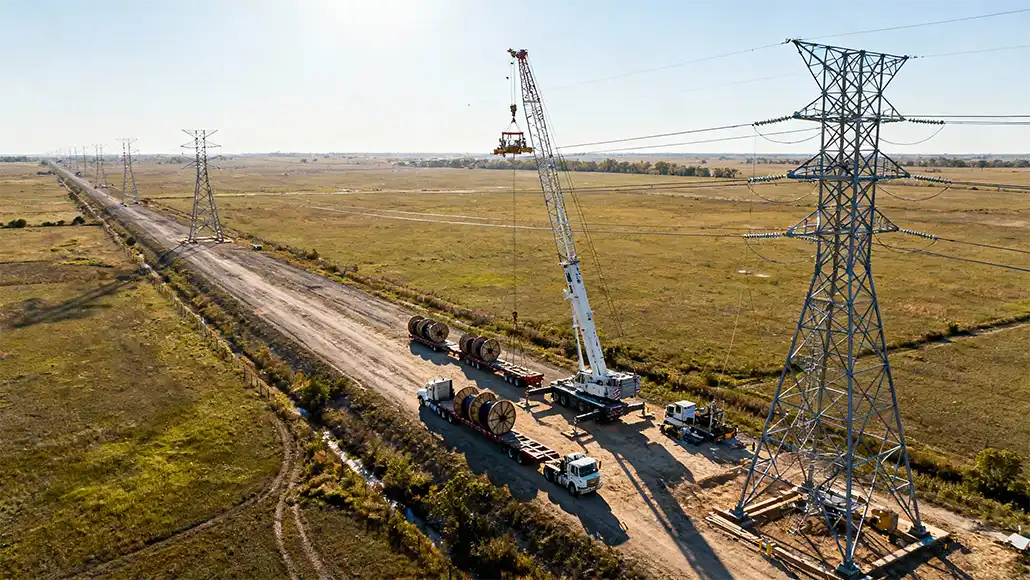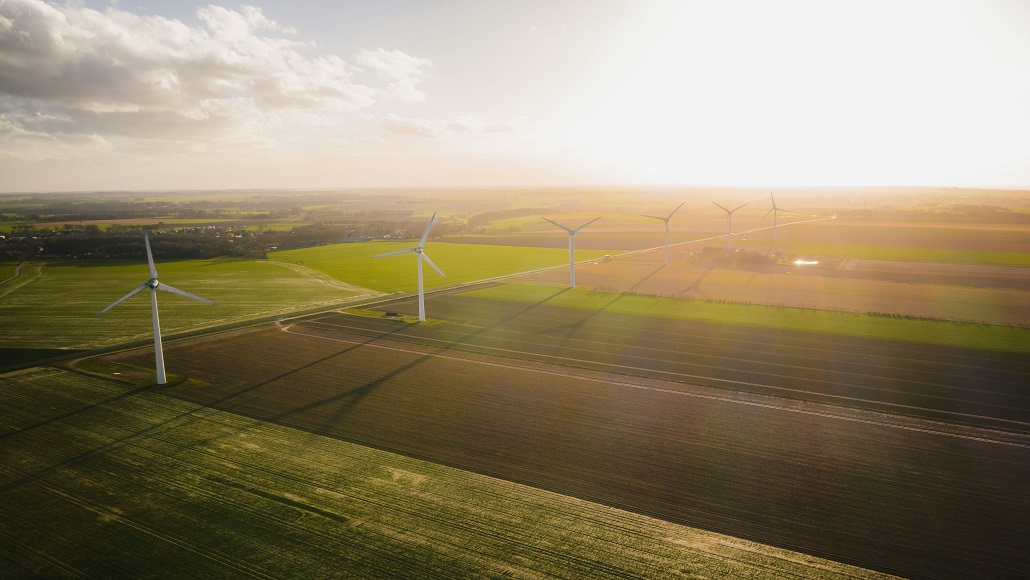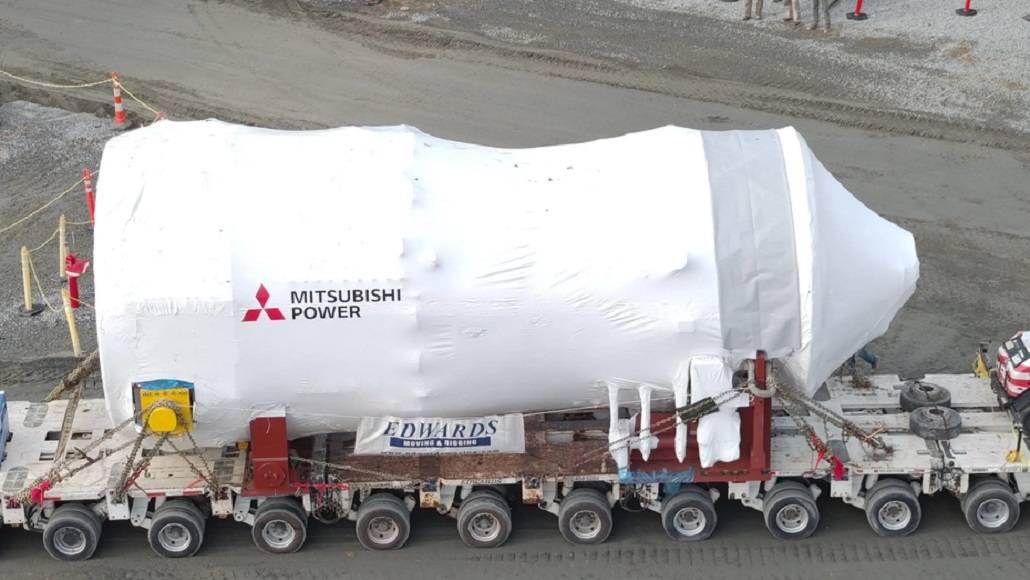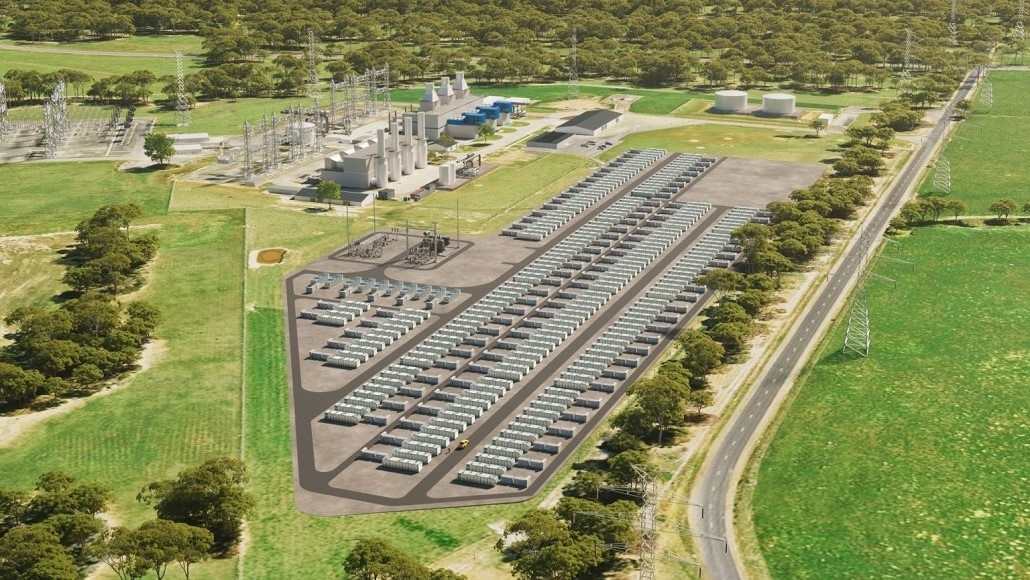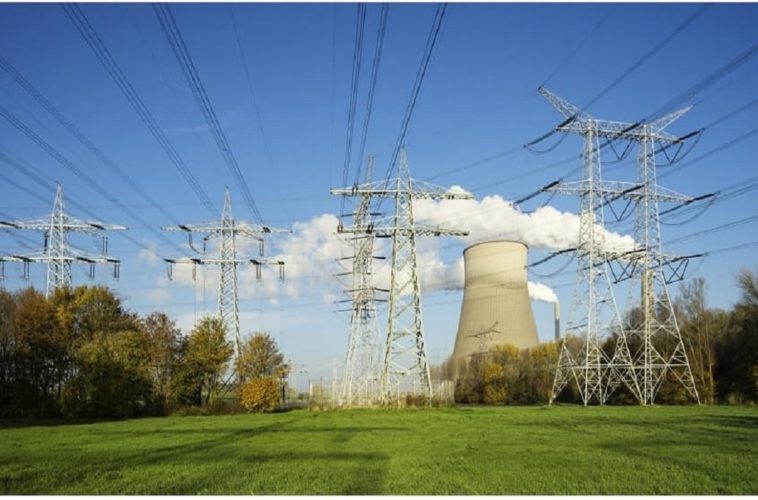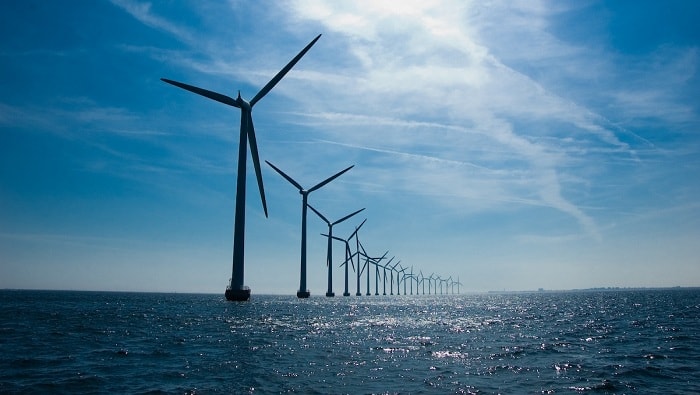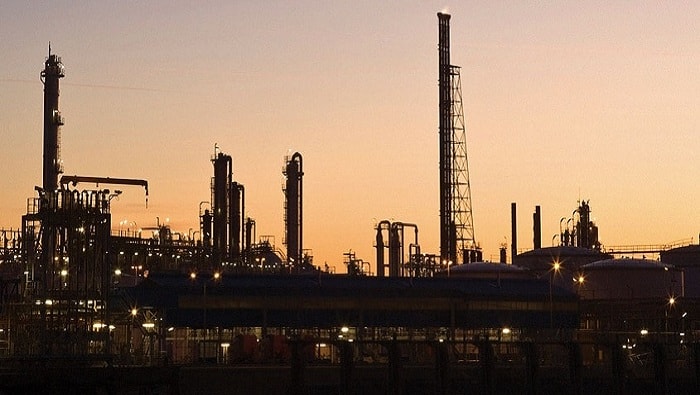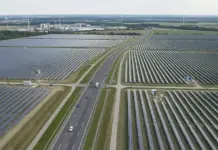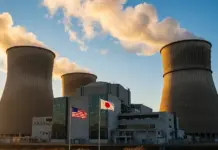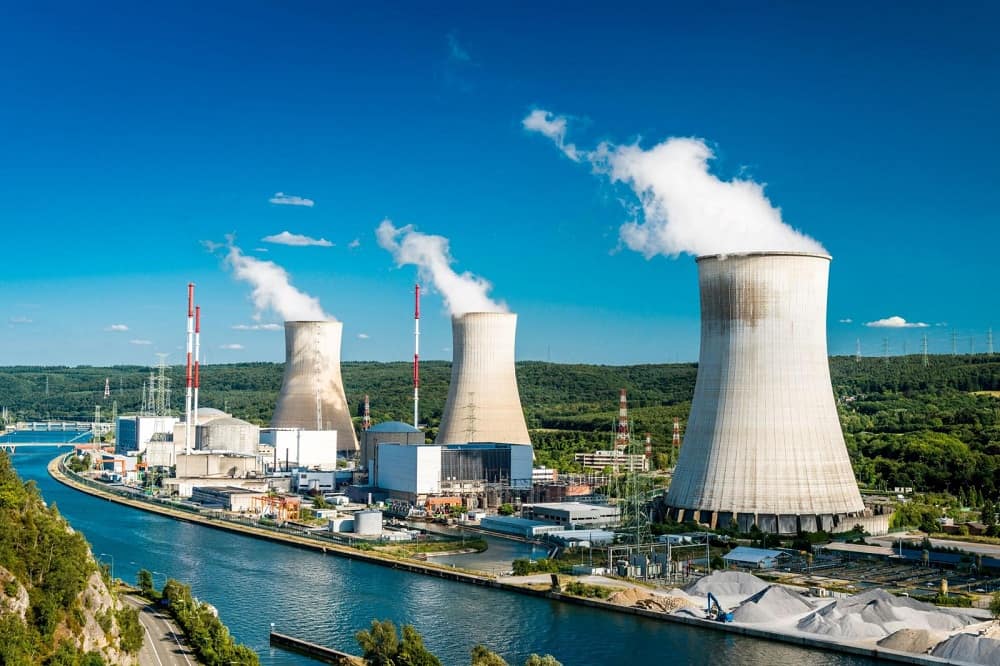A consortium led by Rolls-Royce has announced plans to build up to 16 mini-nuclear plants in the UK. It says the project will create 6,000 new jobs in the Midlands and the North of England over the next five years.
The prime minister is understood to be poised to announce at least £200m for the project as part of a long-delayed green plan for economic recovery.
Rolls-Royce argues that as well as producing low-carbon electricity, the concept may become an export industry.
The company’s UK “small modular reactor” (SMR) group includes the National Nuclear Laboratory and the building company Laing O’Rourke.
The government says new nuclear is essential if the UK is to meet its target of reaching net zero emissions by 2050 – where any carbon released is balanced out by an equivalent amount absorbed from the atmosphere.
But there is a nuclear-sized hole opening up in the energy network.
Six of the UK’s seven nuclear reactor sites are due to go offline by 2030 and the remaining one, Sizewell B, is due to be decommissioned in 2035.
Rolls-Royce and its partners argue that instead of building huge nuclear mega-projects in muddy fields we should construct a series of smaller nuclear plants from “modules” made in factories.
The aim is to re-engineer nuclear power as a very high-tech Lego set. The components would be broken down into a series of hundreds of these modules which would be made in a central factory and shipped by road to the site for assembly.
The objective is to tackle the biggest problem nuclear power faces: the exorbitant cost. The reason it is so expensive is that the projects are huge and complex and have to meet very high safety standards. So, Rolls-Royce and its partners are saying: let’s make them smaller and make lots of them so that we get really good at it.
The concept would dramatically reduce the amount of construction that would be associated with a nuclear project, claimed Tom Samson, the chief executive of the UK Small Modular Reactor consortium (UK SMR).
“If we move all that activity into a controlled factory environment that drives down cost by simplification and standardisation,” he explained.
Each plant would produce 440 megawatts of electricity – roughly enough to power Sheffield – and the hope is that, once the first few have been made, they will cost around £2bn each.
The consortium says the first of these modular plants could be up and running in 10 years, after that it will be able to build and install two a year.
By comparison, the much larger nuclear plant being built at Hinkley Point in Somerset is expect to cost some £22bn but will produce more than 3 gigawatts of electricity – over six times as much.
In addition to the six nuclear plants going offline by 2030, there’s another challenge. You have to factor in a massive increase in electricity demand over the coming decades.
That’s because if we’re going to reach our net zero target, we need to stop using fossil fuels for transport and home heating.
The government has said this could lead to a three-fold increase in electricity use.




